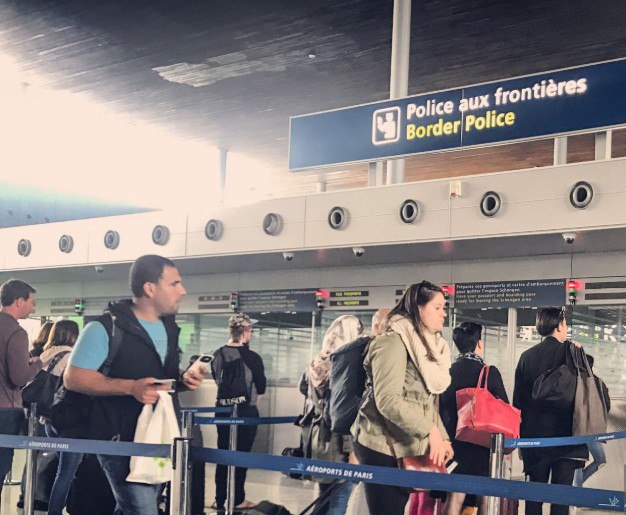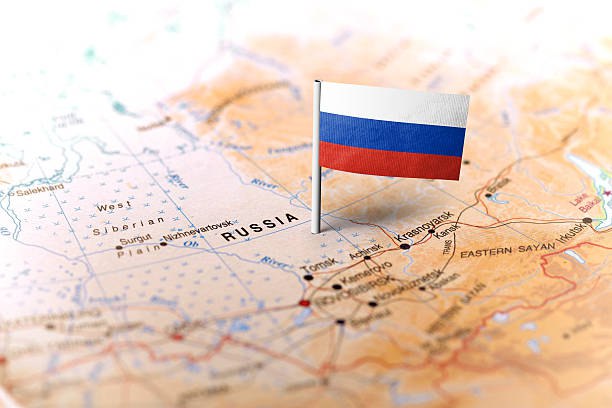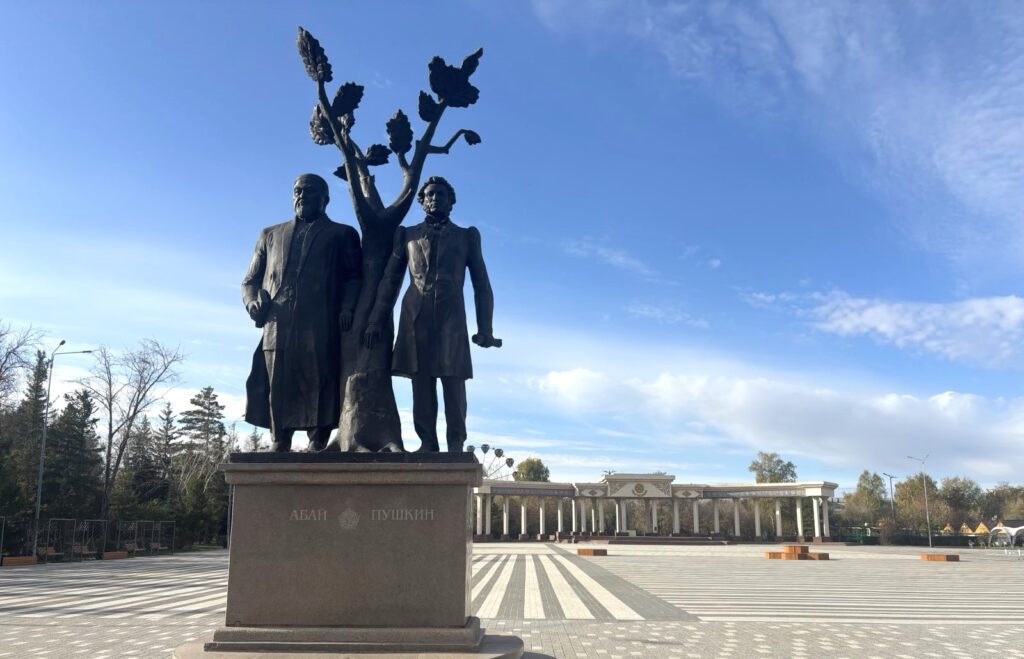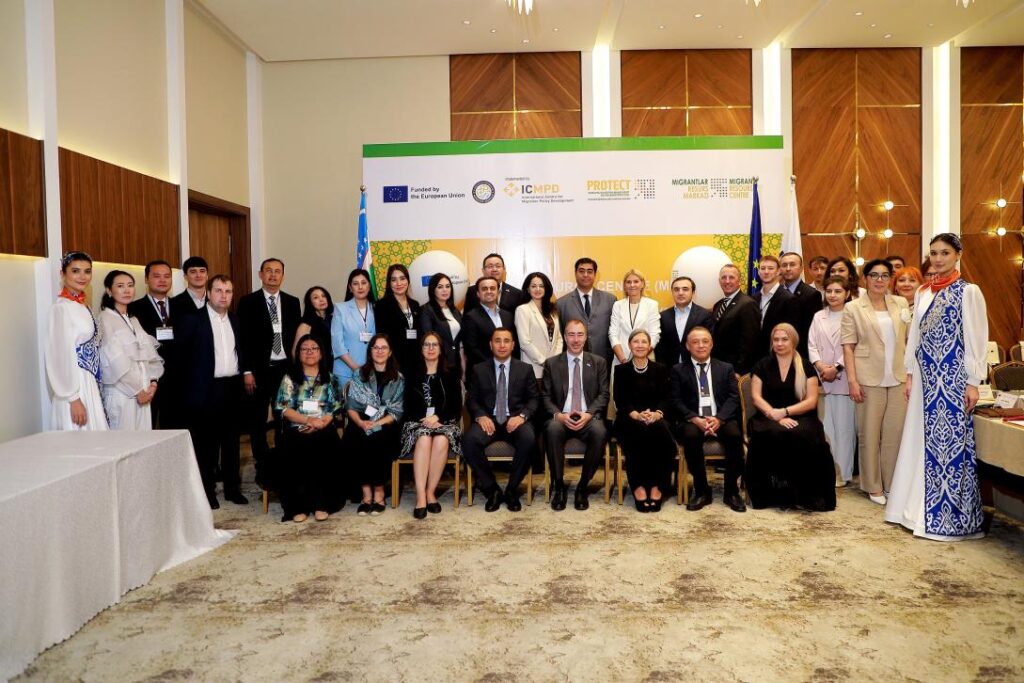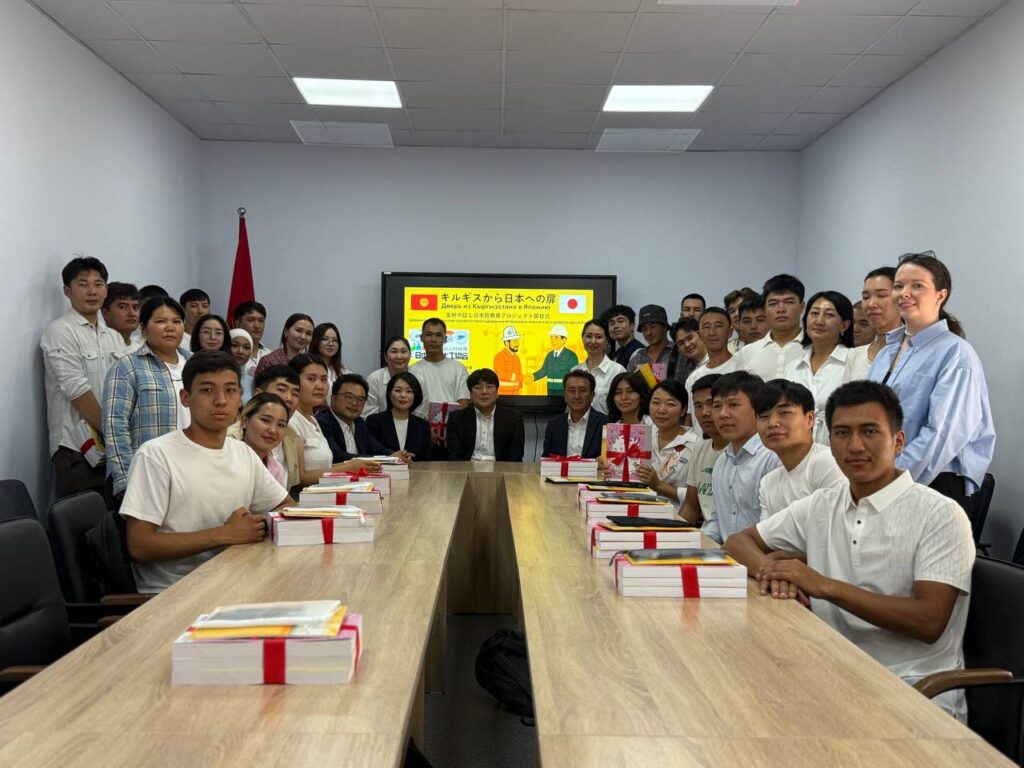Uzbekistan and Russia have agreed to establish a new system for regulating labor migration. The decision was reached during a meeting in Moscow between the director of Uzbekistan’s Migration Agency, Behzod Musayev, and the head of Russia’s Federal Agency for Labor and Employment, Mikhail Ivankov.
A key component of the agreement is the creation of specialized training centers in Uzbekistan to prepare citizens for employment in Russia. These centers will provide essential skills and qualifications to facilitate the transition for Uzbek labor migrants. Additionally, Uzbek workers will now be able to take a required Russian language exam in Tashkent before traveling to Russia. The exam, which is necessary for obtaining a work permit, will be administered at the Tashkent branch of the Sakharov Multifunctional Migration Center.
To simplify employment procedures, Uzbekistan has signed agreements with several major Russian companies, including Ant Yapi, Ozon Community, PEK, and SPAR Middle Volga. Under these agreements, 7,000 Uzbek citizens will be provided with official employment in Russia. The Migration Agency has reviewed working conditions and salaries, and candidate selection will take place across Uzbekistan in February.
Meanwhile, Russia is tightening immigration regulations, potentially affecting millions of Central Asian migrants. A proposed law from the Russian Ministry of Education would require migrant children to pass a Russian language test. Those who fail must enroll in a three-month language program at their parents’ expense. Families that do not comply may face investigations and administrative penalties.
As of September 1, 2024, nearly four million Central Asian migrants were officially residing in Russia. Amid increasing restrictions, challenges for migrant workers continue to mount.
The Times of Central Asia previously reported that some Central Asian migrants have signed contracts with the Russian Ministry of Defense to participate in the war in Ukraine, primarily for financial reasons. However, economic hardship is not the only factor driving recruitment. Central Asians with Russian citizenship have also faced threats of imprisonment if they refuse to fight.
Separately, Ukraine has reported that approximately 30 Central Asian citizens have been taken prisoner since the start of Russia’s invasion in February 2022. Ukrainian Justice Minister Olha Stefanishyna disclosed this information in response to an inquiry from Radio Free Europe/Radio Liberty’s Novosti Priazovya project. However, their current status remains unclear.
According to Ukraine’s Justice Ministry, prisoner nationality is often determined based on personal statements, as many detainees lack documents confirming their citizenship. The ministry emphasized that all prisoners of war, regardless of nationality, are granted the same legal status under both international and national law.

